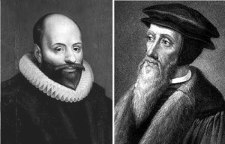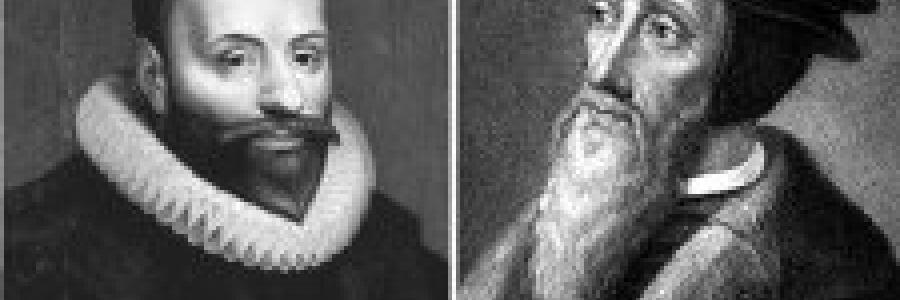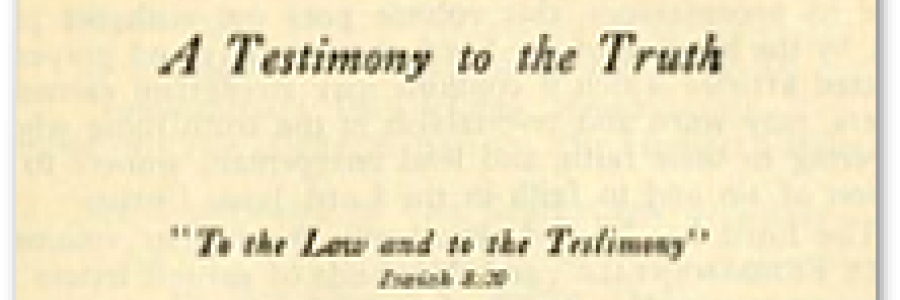Gospel Issues and Weighing Doctrines
Body
“I’ve heard a professor put it this way before: if you put a gun to my head and said ‘Deny the deity of Jesus or you’re dead,” by God’s grace I would hope to respond by saying ‘pull the trigger.’ If you put a gun to my head and said ‘Deny the pre-tribulational return of Jesus Christ or you’re dead’ I would say ‘Put the gun down and we’ll talk.’ Some truths really are worth dying for.”

 Read
Read 

Discussion